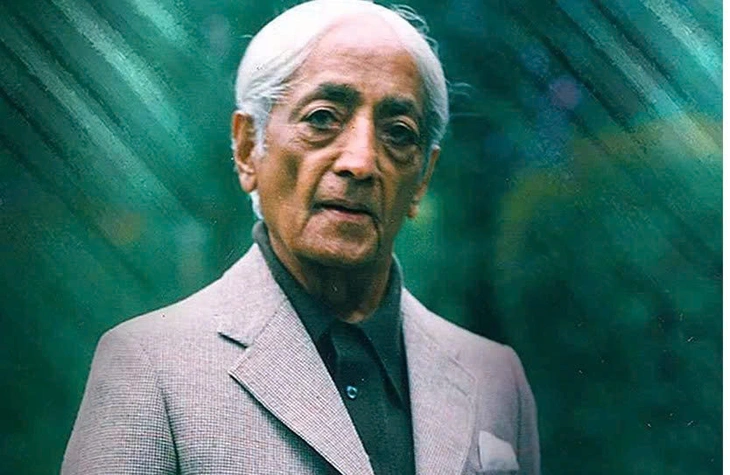
Philosopher J. Krishnamurti is one of the greatest philosophers and spiritualists in the world.
From June 1948 to March 1960, J. Krishnamurti wrote many letters to a young man who came to him in a state of physical and mental trauma. The letters expressed his compassion and insight, making it easy for young people who were lost or confused to find themselves in each word.
The first part of the book Youth Happiness prints these letters, the second part is J. Krishnamurti's instructions for children on many issues in life such as: love, care, fear, imagination...
Comparison breeds competition, cruelty and ambition.
According to the Guardian , the happiness index of teenagers in six English-speaking countries around the world is in serious decline. Previously, the happiness index was U-shaped - high in youth, falling in middle age and rising again in old age. But new research shows that young people are becoming more insecure and feel less happy than previous generations.
The development of social networks, excessive expectations in the family, theeducation system... make young people no longer be themselves but only see the image they are forced to become.
Self-comparison is one of the factors that makes them no longer happy.
In The Happiness of Youth , J. Krishnamurti also said: "The world worships success, the bigger the better: buildings, cars, planes..., simplicity disappears. People are constantly comparing themselves with others. Human education and culture are also based on comparison".
But according to the Indian philosopher, this comparison is destructive: "Knowing what we are helps to reveal creativity, while comparison nurtures competitiveness, cruelty and ambition. Raising children without comparison is true education."
Contemplating human satisfaction, J. Krishnamurti said that as long as people seek satisfaction, they will be disappointed: "The joy of satisfaction is an endless desire. The end of that joy is when disappointment and suffering come."
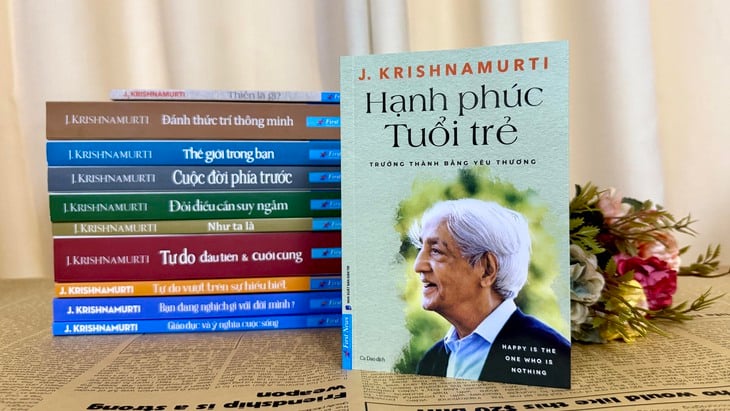
The book Youth Happiness is a collection of useful advice and guidance by J. Krishnamurti for young people.
For him, freedom is the beginning of creativity and "a happy person is a person who is nothing". "Nothing" - according to J. Krishnamurti's definition - is not giving up all material things or living an ascetic life, but living fully in the present moment.
No burden of tomorrow, no burden of the past. It is in that state of non-possession that freedom is manifested.
At that time, we do not need success to feel fulfilled, do not need to be good to know our worth, do not need to be beautiful to be loved. And happiness does not come from the outside but is built from within. Therefore, it has no limits or loss.
J. Krishnamurti (1895 - 1986) was one of the world's greatest philosophers and spiritualists. For more than 60 years, he traveled across continents, speaking and discussing topics such as the purpose of meditation, human relationships and ways to create positive change in society.
Source: https://tuoitre.vn/giao-duc-dich-thuc-cua-hanh-phuc-tuoi-tre-20250614093154834.htm



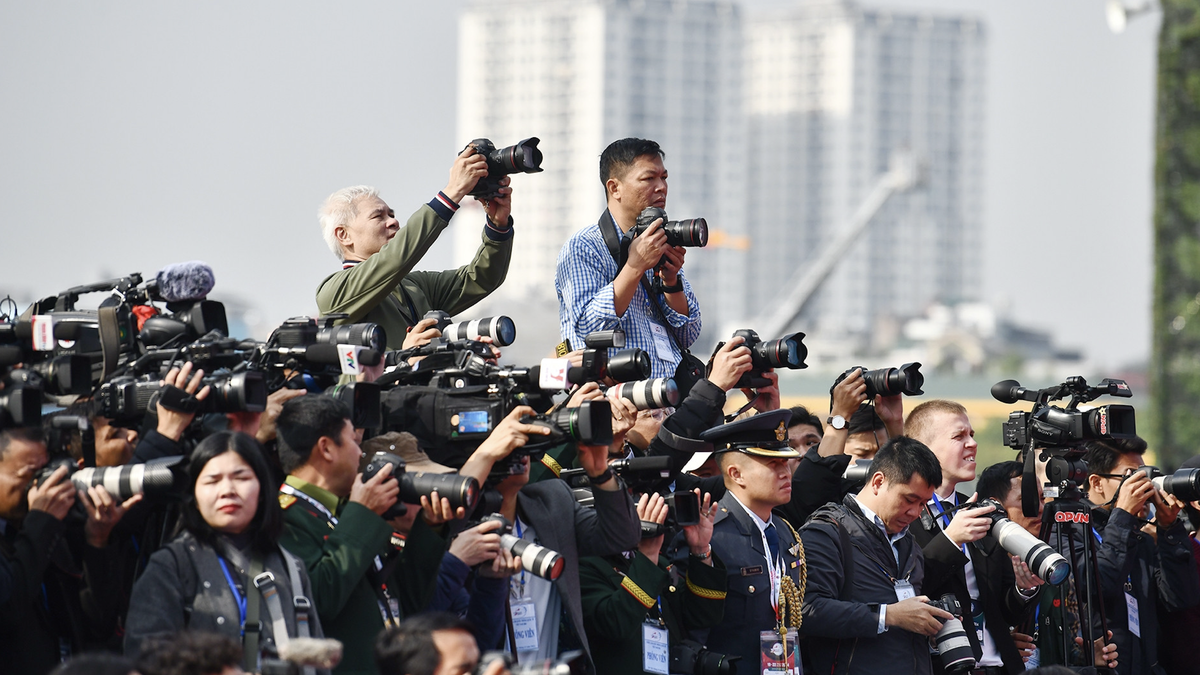






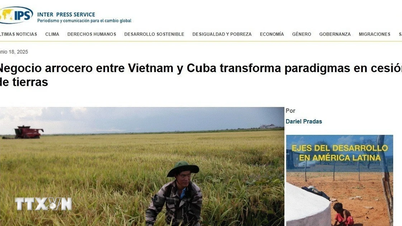

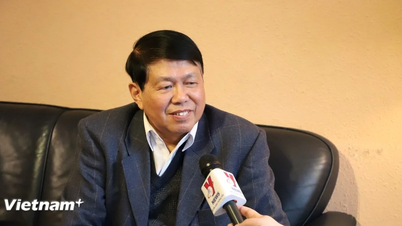
![[Video] The Innovative Spirit of the Article What to Do Now](https://vphoto.vietnam.vn/thumb/402x226/vietnam/resource/IMAGE/2025/6/19/88215ad397934bf595038c1a4c8038f4)









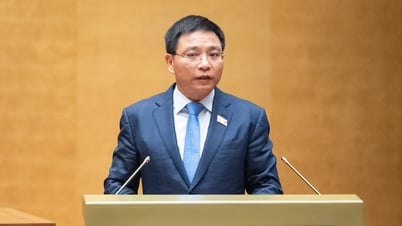
















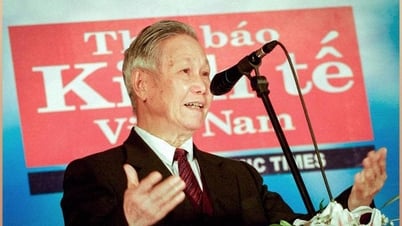
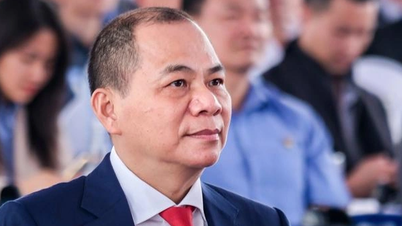

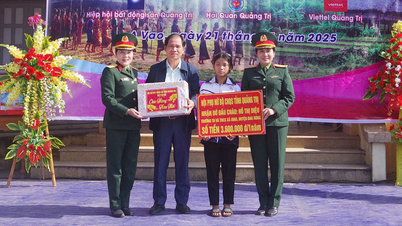













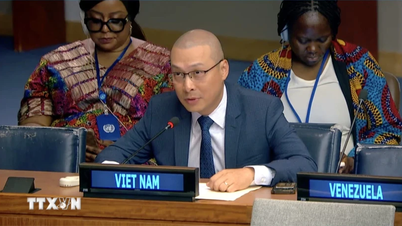



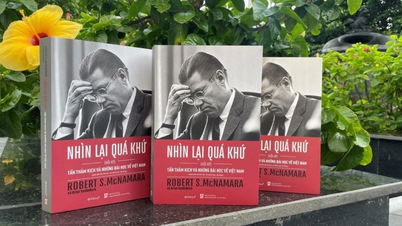










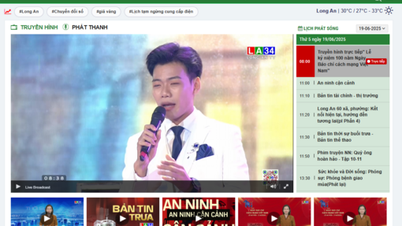




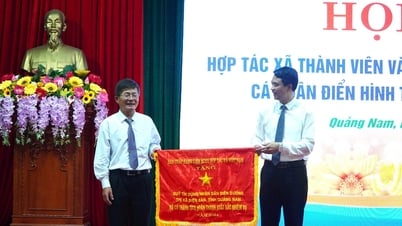

















Comment (0)